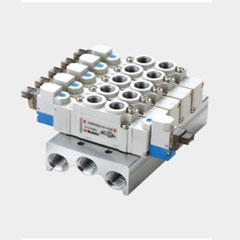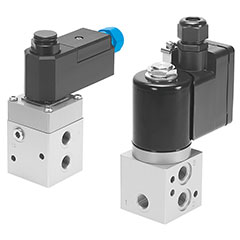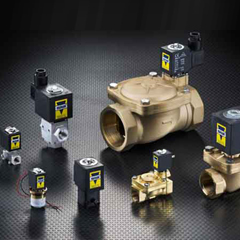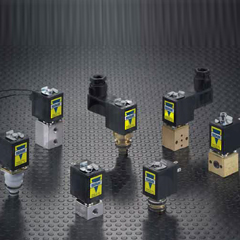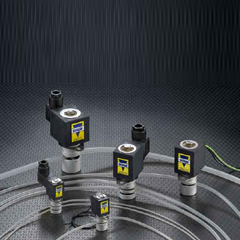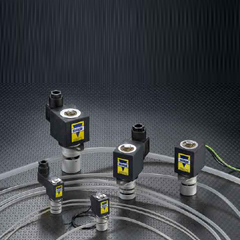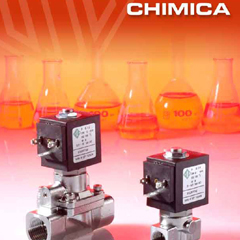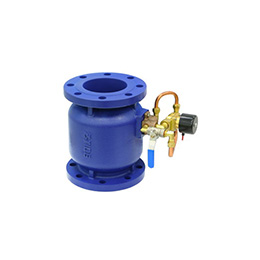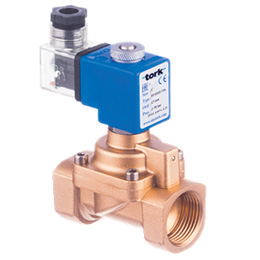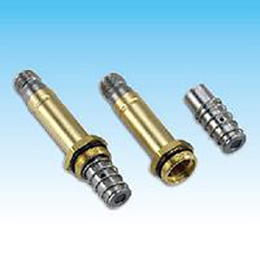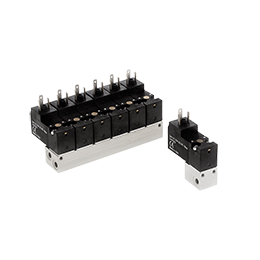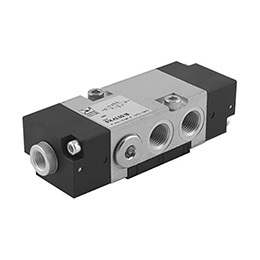Solenoid Valves
A solenoid valve is an electromechanical device that regulates the flow of liquids or gases. An electromagnetic actuator (solenoid) and a valve body make up a conventional solenoid valve. Solenoid valves come in a variety of styles, but the two most prevalent are pilot operated and direct-acting. The pilot-operated valves, which use system line pressure to open and close the main orifice in the valve body, are the most common. Solenoid valves are used in almost every industry that involves remote control. Fluids are shut off, released, dosed, distributed, or mixed using these valves.
Uses of solenoid valves in various industry
- Irrigation systems use solenoid valves with automatic control for water supply. The flow of water in dishwashers and washing machines is controlled by these valves.
- Wastewater treatment - Solenoid-operated diaphragm valves may handle water in both the intake and wastewater treatment processes.
- Air conditioning systems use solenoid valves to adjust air pressure for cooling, lubricating, and dosing. They're also employed in door lock automated locking systems.
- Solenoid valves are used in a variety of industrial machinery to mix, restrict, and enable the flow of media such as oil, liquid, and air. Furthermore, many processing industries rely on solenoid valves to not only disperse but also preserve food.
Advantages and disadvantages of solenoid valves
- Compact profile
- Ease of control
- Fast and safe switching
- long service life
- High reliability
- Low control power, and
- Compact design

